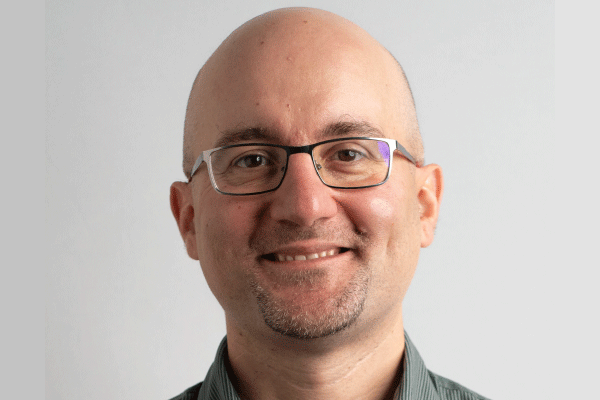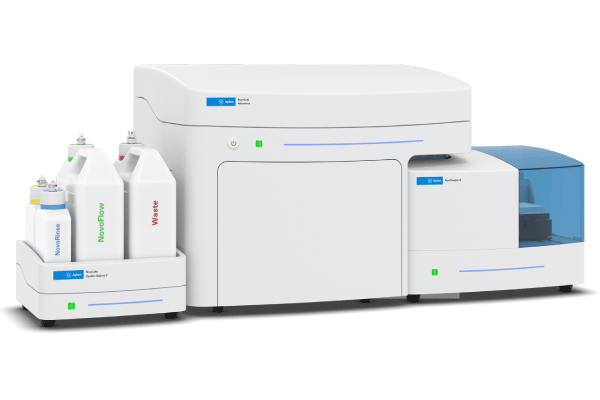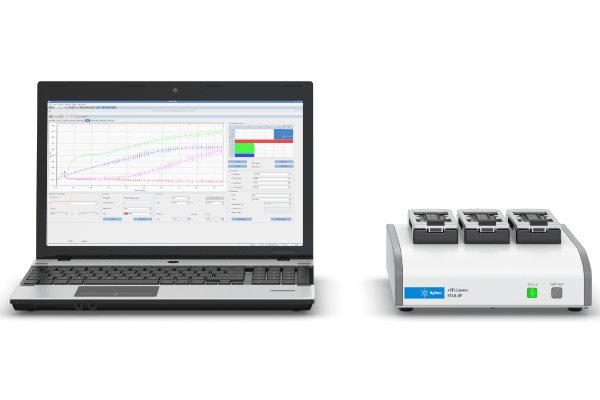
Presented by:
Dr. Agapitos Patakas
Chief Scientific Officer
RoukenBio
While T cell exhaustion is a hallmark of many chronic infections and cancers, there is a dearth of convenient, biologically relevant in vitro models to examine the state of T cell dysfunction. Most existing strategies employ mouse models—typically expensive, difficult to perform, and on most occasions, do not allow assessment of human-targeting biologics.
In this webinar with Select Science, Chief Scientific Officer of RoukenBio, Dr. Agapitos Patakas, presents the advantages and pitfalls of utilizing in vitro cell-based assays to model the tumor microenvironment.
He presents an in vitro T cell exhaustion model employing healthy human donor cells, highlighting its modality agnostic advantages. Additionally, the model can be used in a translational sense to investigate combinatorial approaches or to identify synergistic effects of multiple therapeutic targets. Benefits of donor pre-screening to increase assay success and employing multiple, high-content readouts in parallel to maximize data output are among the topics also addressed.
This webinar is perfect for innovative drug developers in immuno-oncology.
Key learning objectives:

Increase your research productivity with Agilent NovoCyte flow cytometers. Offering advanced capabilities and high-quality data on an easy-to-use platform, NovoCyte flow cytometers save researchers time and money on their experiments.

The xCELLigence RTCA instruments enable comprehensive insight into cell health, cell behavior, cell function and cell biology processes, generating more data for less work.
For Research Use Only. Not for use in diagnostic procedures.